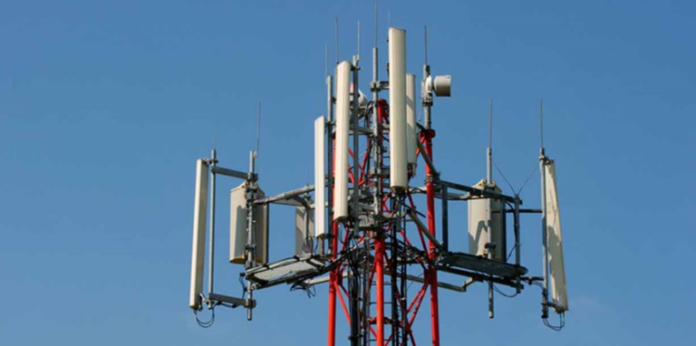Nigeria’s telecom operators have raised alarm over the rising spate of fibre and base station vandalism, warning that unless tougher penalties are enforced, the country’s digital services risk severe disruption.
Despite telecom assets being classified as Critical National Information Infrastructure (CNII) under a 2024 presidential order, industry leaders say sabotage has become rampant, undermining investments, raising costs, and crippling service delivery.
Speaking at the launch of the NCC Impact Report on Nigeria’s Telecommunications Sector on Wednesday, Gbenga Adebayo, President of the Association of Licensed Telecommunication Operators of Nigeria (ALTON), said some communities have normalised site vandalism, turning it into an extortion scheme.
“There are local communities where, when the youths are tired or they want to drink some bottles of beer, they vandalise the site,” Adebayo said. “They wait for the technicians to arrive and demand that, unless payment is made, they will not allow them access to restore those sites.”
He cited a case in southeastern Nigeria where a single site was vandalised 45 times in two months—nearly once every two days—rendering service delivery impossible and cutting off neighbouring communities that relied on the hub.
Operators warn that vandalism is also inflating broadband costs. According to Adebayo, it is sometimes cheaper to move data between Lagos and London than Lagos and Kano, as repeated fibre repairs drive up domestic transmission costs.
Under the CNII law, willful damage to telecom assets is punishable by up to 10 years imprisonment without the option of a fine, with enforcement mandated to the Nigerian Communications Commission (NCC), Nigeria Police Force, and Nigeria Security and Civil Defence Corps (NSCDC).
However, Adebayo said enforcement remains weak.
“Until we start bringing consequences to these actors and bringing them to justice, this will not stop,” he warned.
NCC Executive Vice Chairman, Aminu Maida, said the regulator is ramping up community advocacy to encourage citizens to safeguard telecom sites.
“Ultimately, we call on all Nigerians to regard telecom infrastructure as a shared national asset—one that underpins banking, healthcare, education, and everyday communication,” Maida said.
Operators caution that unchecked vandalism could derail Nigeria’s digital transformation agenda, disrupting services critical to finance, e-learning, e-health, and public safety.
















